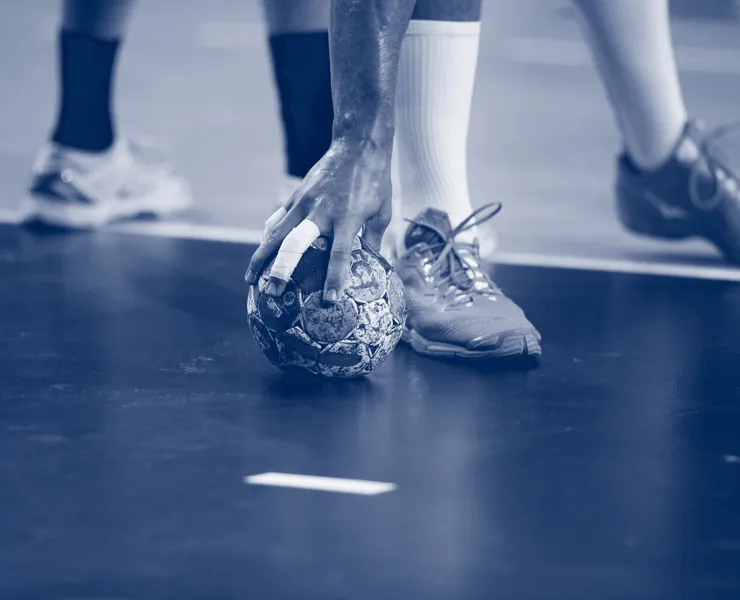Group C
Teams: Netherlands, Greece, Croatia, Sweden
While their youth national teams have claimed several European titles — most recently the under-16 team last year in Varna, Bulgaria — the senior team of the Netherlands still aim for their first gold. They came very close in 2023, reaching their first final and forcing defending champions Germany into a shootout. The Dutch team faces two former world champions — Greece and Croatia — in their preliminary round group, which also includes Sweden, who return to the competition after eight years.
The progression of the Netherlands at the EHF Beach Handball EURO in recent years has been clear, as they won bronze for the nation’s first ever beach handball medal on senior level in 2019, before making their first final four years later. The Dutch will aim for nothing less than the medal matches again, especially since they have confirmed their status amongst the leading teams in women’s beach handball with back-to-back bronze medals at the last two World Championships in 2022 and 2024. And they had Meike Kruijer named best beach handball player of the year at the EHF Excellence Awards in 2024.
Greece have an excellent track record in the World Championships, too. They lifted that trophy as debutants in 2018 and made it to the semi-finals again when they hosted the global event in 2022. However, Greece are yet to achieve similar results at a European championship, where three quarter-finals – in 2017, 2019, and 2023 – have been their best achievements so far.
As the nation that dominated the sport for many years, Croatia finished amongst the medals in each of their first five Beach Handball EURO appearances, between 2004 and 2011. This golden era included two titles, including the one from their home event in Umag in 2011. However, Croatia have since been to just one more semi-final — in 2019, when they finished fourth. Their impressive medal collection has been awaiting an extension for 14 years now.
Sweden make a welcome return to the EURO after an eight-year absence. They finished sixth upon their debut in 2002 but failed to make the quarter-finals again in six more appearances until 2017, making them the dark horse in this group.








